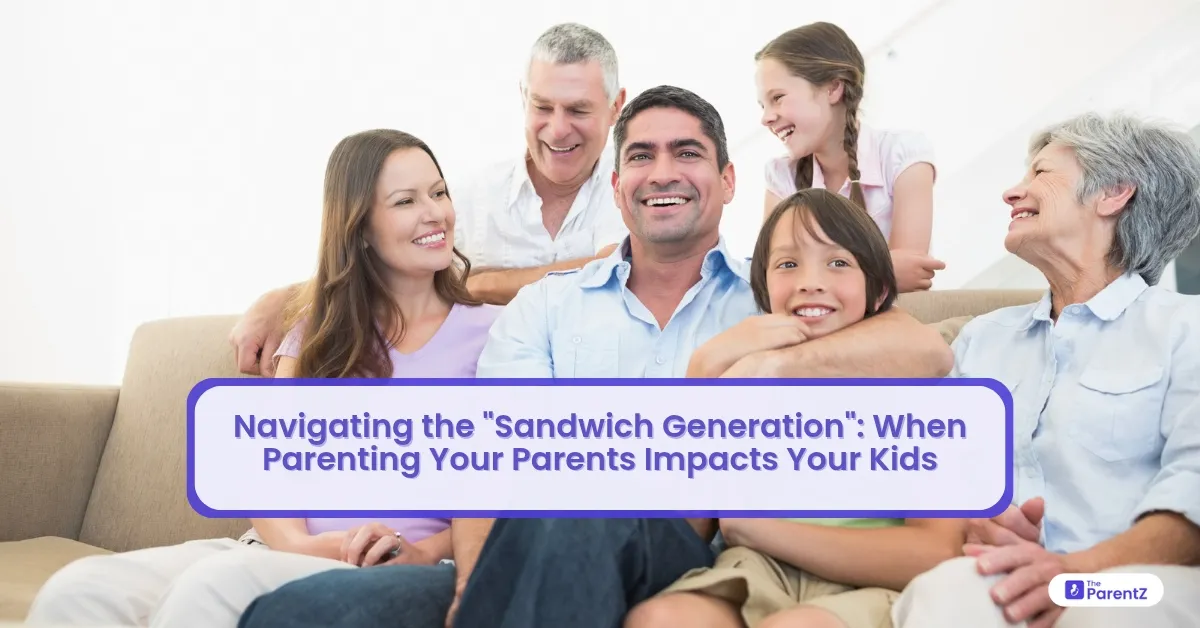There’s a quiet squeeze happening in many households today. You’re raising your kids, managing school drop-offs and dinners—and at the same time, you’re helping your aging parents with doctor visits, medication schedules, and emotional support. Welcome to the life of the “sandwich generation”—a term that feels as heavy as the role itself.
Balancing the needs of two generations while trying not to lose yourself in the middle is no small feat. And yet, for millions, it’s become the new normal.
The Emotional Tension of Dual Caregiving
When you’re caring for children and parents simultaneously, emotional whiplash is common. One moment you're comforting a crying toddler, and the next you're helping your father remember where he put his glasses. It's a unique burden—not just of responsibility but of identity.
You may feel like you're constantly splitting your emotional bandwidth, never giving enough in either direction. Guilt becomes a frequent visitor: guilt for not doing enough for your parents, and guilt for missing out on key moments with your kids. Meanwhile, your own needs quietly disappear.
The Impact on Children
While it's easy to assume kids don’t notice much, they do. They pick up on stress, fatigue, and emotional availability. They might see their parent (you) becoming more reactive, more distracted, or emotionally distant. In some cases, older children may even begin caring for the caregiver, reversing the roles prematurely.
That doesn’t mean caregiving is bad for children—it can, in fact, teach empathy, patience, and responsibility. But it does require intentional communication. Children need reassurance that your love for them isn’t competing with your care for someone else.
When Roles Blur With Aging Parents
One of the hardest emotional shifts is parenting the people who once parented you. It can feel unnatural—unsettling, even—to take charge of decisions for a mother or father who once held that authority. Sometimes, old wounds resurface. Resentments bubble up. Family dynamics become messier as siblings disagree or check out completely.
Forgiveness and boundaries become essential. So does recognizing that love doesn’t always come in equal doses—it often comes in the form of showing up, again and again, even when it’s hard.
Protecting Your Own Well-being
It’s easy to become so consumed with meeting everyone else’s needs that you forget your own. Burnout isn’t a distant threat—it’s a constant one.
Here’s what helps:
- Build micro-moments of rest into your day, even if it’s five minutes in silence.
- Ask for help, even if it feels awkward.
- Acknowledge your own limits—you're not failing by setting boundaries; you’re surviving.
Also, therapy and support groups tailored for sandwich generation caregivers can offer perspective and tools for emotional resilience.
Finding Meaning in the Middle
While the burden is real, so is the beauty. You’re in a rare position to shape generational compassion, to teach your children what it means to show up for family, and to honor the past without being crushed by it.
This chapter may feel like it’s asking too much of you—but it’s also building a strength and legacy that will echo through your family long after the caregiving ends.
Conclusion
Being part of the sandwich generation means you live at a crossroads of duty, love, fatigue, and grace. It’s hard. It’s humbling. And it matters. In caring for two generations, you’re not just holding a family together—you’re modeling what resilience and compassion look like in motion.





Be the first one to comment on this story.